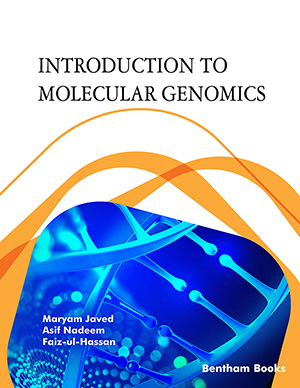Abstract
Storage of human biological samples and personal data associated with them is organised in Biobanks. In spite of expectation given by biobanks in medicine, their management involved some ethical questions, for example, the need for policies to regulate economic interests, potential commercial use of data (including patents), private sector financing, ownership of samples and benefit sharing. In the context of contributing to the general public interest, we can consider the act of giving biological material to biobanks as a donation, in which the donation constitutes part of a generalised form of reciprocity in which the act of donation contributes to society's common good. Starting from this perspective, we move into a different situation represented by the biobanking of umbilical cord blood for personal use. We used the example of the private biobanking of umbilical cords to demonstrate the restrictive utility of the collection and preservation of cord blood for personal use in private biobanks, in the context of society's common good. In summary, a system based on solidarity seems to be able to guarantee necessary levels of supply for the donation of biological material to biobanks.
Keywords: Biobanks, common good, private interest, umbilical cord blood, Bioethics, Polynucleotide, DATA SHARING, Cord blood cells, common good and solidarity, polyamine derivative, zwittor ion, alkyl chains, oligonucleotide, cationic sterols, amphoteric liposomes
 4
4











